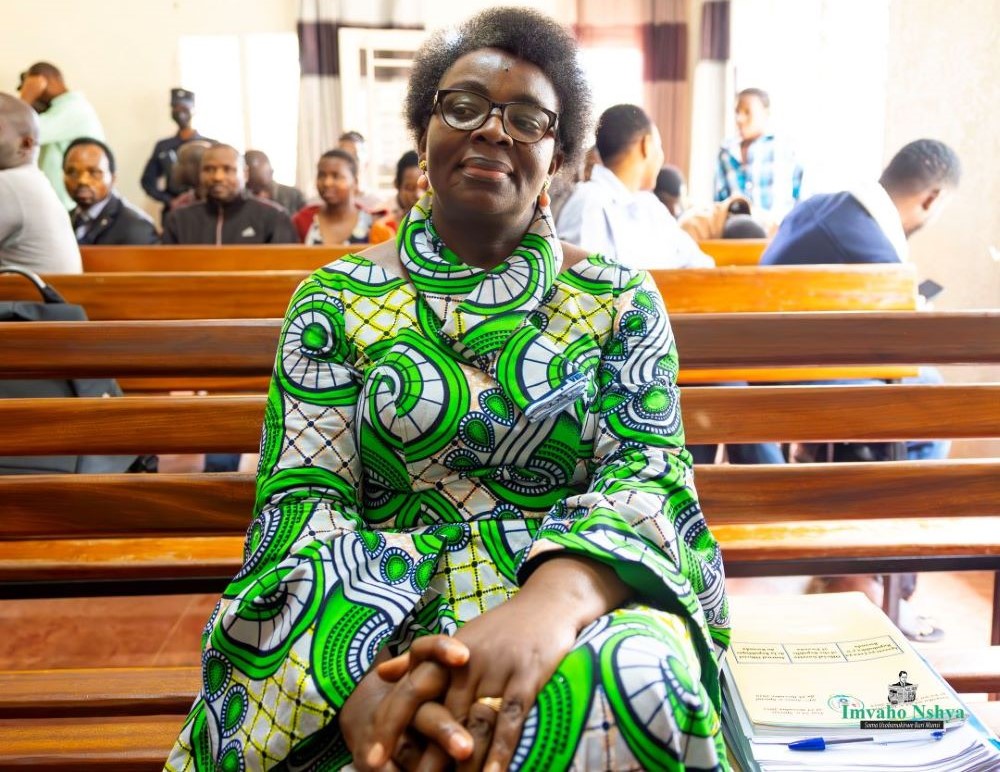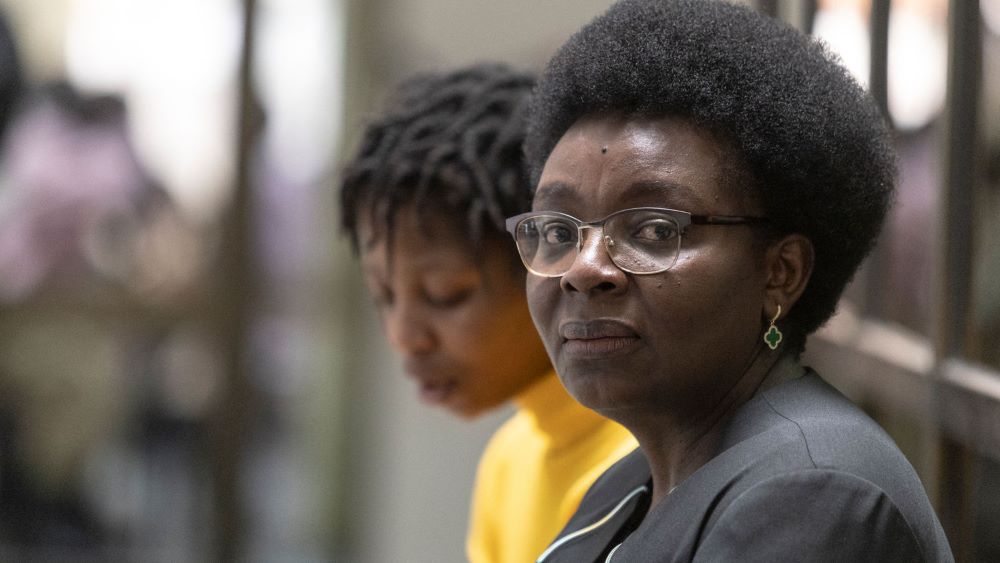The High Court in Kigali has dismissed an application by Victoire Ingabire seeking the withdrawal of judges presiding over her ongoing case. Ingabire, who is facing six criminal charges, had argued that the bench could not deliver a fair trial since it had previously ordered investigations that led to her prosecution.
In its ruling, the court held that her motion did not meet the legal standards required for judicial recusal. The judges stressed that earlier procedural rulings against her did not amount to evidence of bias and therefore could not justify disqualification.
Ingabire and her defence team had claimed that the current panel compromised impartiality by handling proceedings involving DALFA–Umurinzi members, including party coordinator Sylvain Sibomana.
The defence maintained that the judges’ prior decisions in that case opened the door to Ingabire’s own investigation, raising legitimate concerns of prejudice. However, the court found no basis for the claim, clarifying that the directive to extend investigations was procedural rather than a judgment on her criminal responsibility.
The bench cited established jurisprudence requiring litigants to present tangible proof of bias, not mere suspicion. As a result, the court ruled that the same panel would continue hearing her case.
Ingabire, who founded the unregistered political platform DALFA–Umurinzi, is facing six charges, including undermining the government of Rwanda, spreading false information aimed at discrediting the country abroad, establishing or joining a criminal organization, conspiring to resist lawful authority, inciting unrest, and organizing unlawful demonstrations.

Her case was merged earlier this year with an ongoing trial that began in 2021 involving nine other defendants. Among them are YouTuber Théoneste Nsengimana, founder of Umubavu TV, and Sibomana, the DALFA coordinator.
Prosecutors allege that Ingabire orchestrated a clandestine mobilization initiative disguised as an English language programme. According to the indictment, trainees were exposed to non-violent resistance strategies based on Serbian activist Srđa Popović’s book Blueprint for Revolution.
Sessions were allegedly held on encrypted platforms such as Jitsi Meet, with Ingabire said to have facilitated participation by providing smartphones and internet packages.
The prosecution further claims to have gathered evidence of money transfers and secure communications tying her to the operation. Investigations were reportedly triggered by a tip-off from Boniface Nzabandora, a former employee who alerted security services.
Beyond the training programme, Ingabire is accused of maintaining contacts with armed groups, including the P5 coalition and RUD-Urunana. The latter group was blamed for the 2019 Kinigi attacks in northern Rwanda.
With the recusal request now resolved, the High Court is expected to set a new date for hearings involving Ingabire and her co-accused.
Meanwhile, her legal team is pursuing a separate petition before the Supreme Court, challenging the constitutionality of Article 106 of the Criminal Procedure Law, which governs rules on judicial disqualification.
